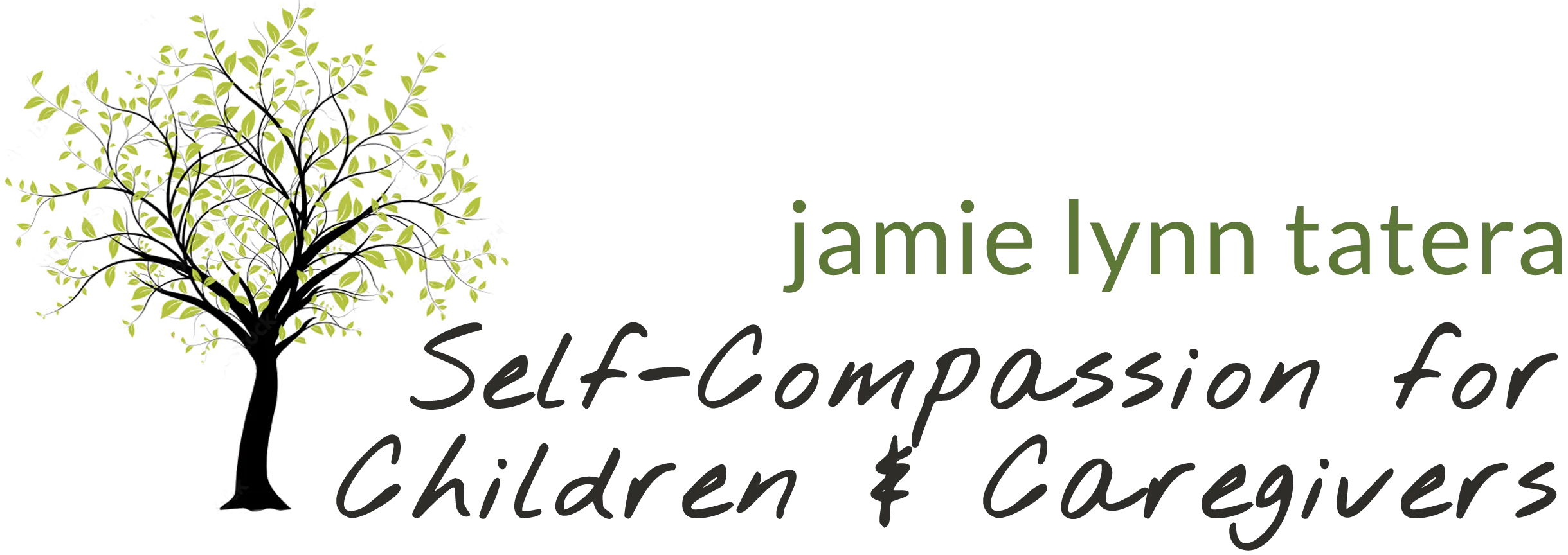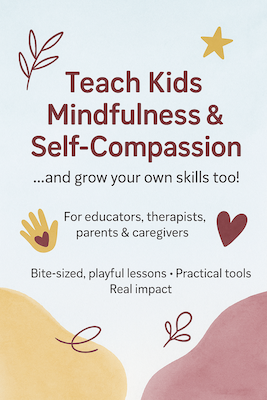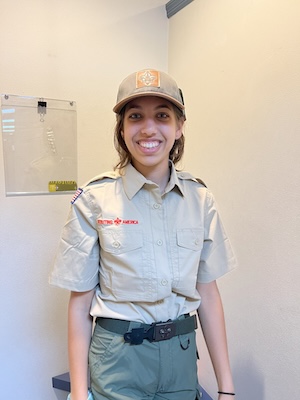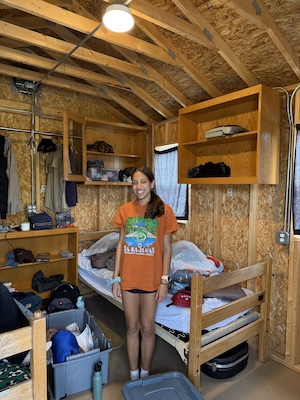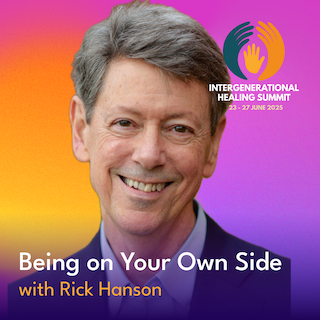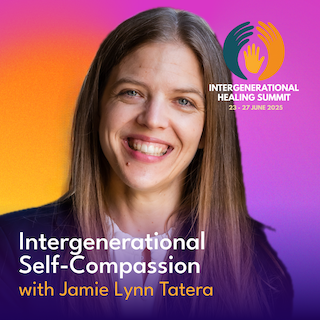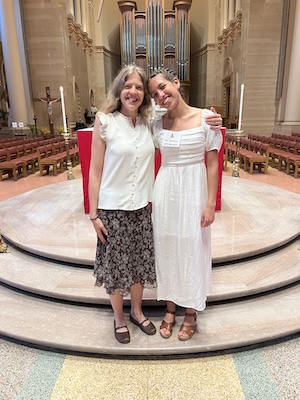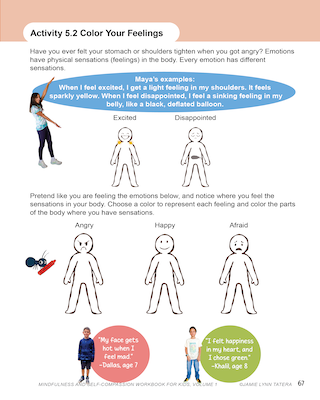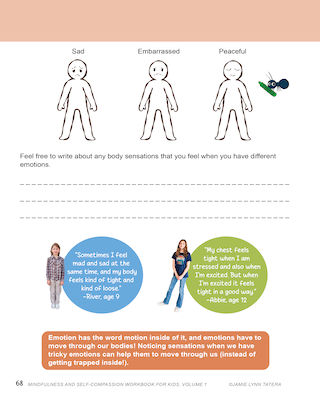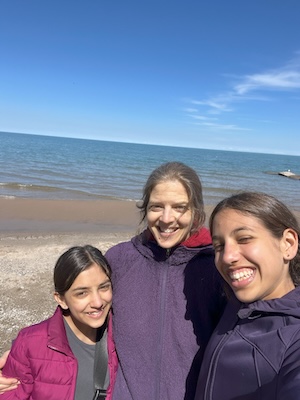When my colleague’s 17-year-old son attended my introductory Mindful Self-Compassion for Teens’ workshop and then signed for a Mindful Self-Compassion for Teens class, I asked if her son, Grant, would be up for being interviewed for my podcast. To my delight, Grant said yes!
A Book Club for Your Inner Child
And a Summer Update! 🌼
Hello Friends,
I have long been delighted by the many ways caregivers use the Mindfulness and Self-Compassion Workbook for Kids, including parent-child pairs, school groups, kids in private therapy sessions, and even parenting groups!
Lately I’ve been hearing about another deeply touching use: healing (or simply playing with) your inner child. 💛
And now, we can take it to the next level: a playful, healing book club (or a do the bookclub) for adults who would like to explore the workbook together—and tend to their inner children in community.
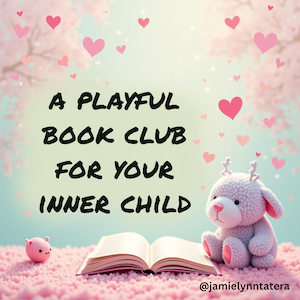
Last week I received this email from Devika, a wonderful Mindful Self-Compassion graduate who would like to guide a group through the Mindfulness and Self-Compassion Workbook for Kids, Volume 1:
Hi Jamie Lynn
Thank you for creating such a valuable and beautiful workbook for children. It made me wonder how helpful it would be if we, as adults, used this approach to learn/enhance our self compassion and mindfulness skills, as personally I found it very accessible, fun and of course it could be greatly healing for our inner child!
I would love to work through the book in community, and am happy to start a book club. Anyone who would like to be part of this, please email Jamie Lynn and she will send your details to me.
Best of wishes
Devika
If you (or your inner child) would like to join Devika’s book club, reply to this email, and I will connect you!
Also, a quick reminder:
My most accessible, approachable teacher training is now open, and there’s still time to join! My level 1 training is a 2-in-1: you can learn to teach kids and playfully nurture your inner child along the way.
Wishing you and your (inner) children love, compassion, and joy!
